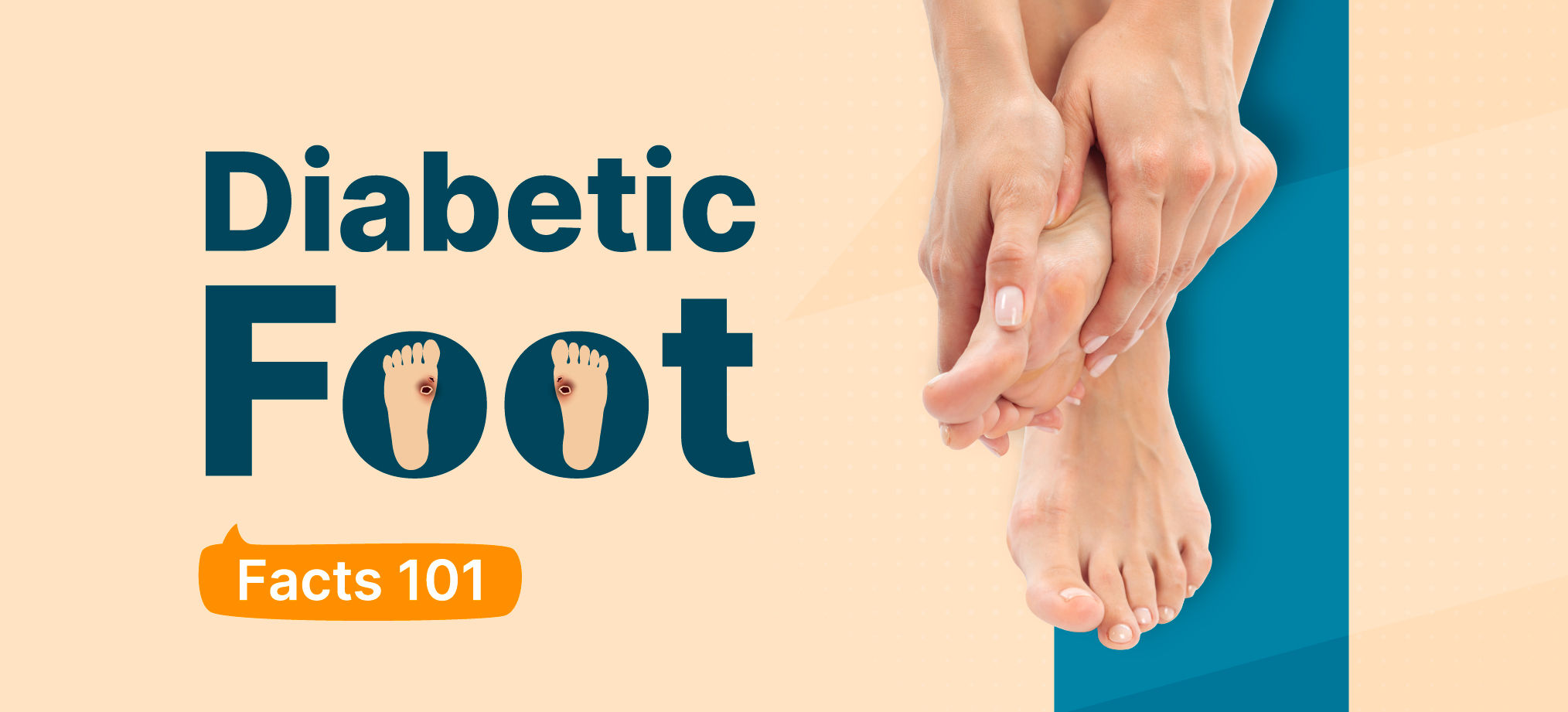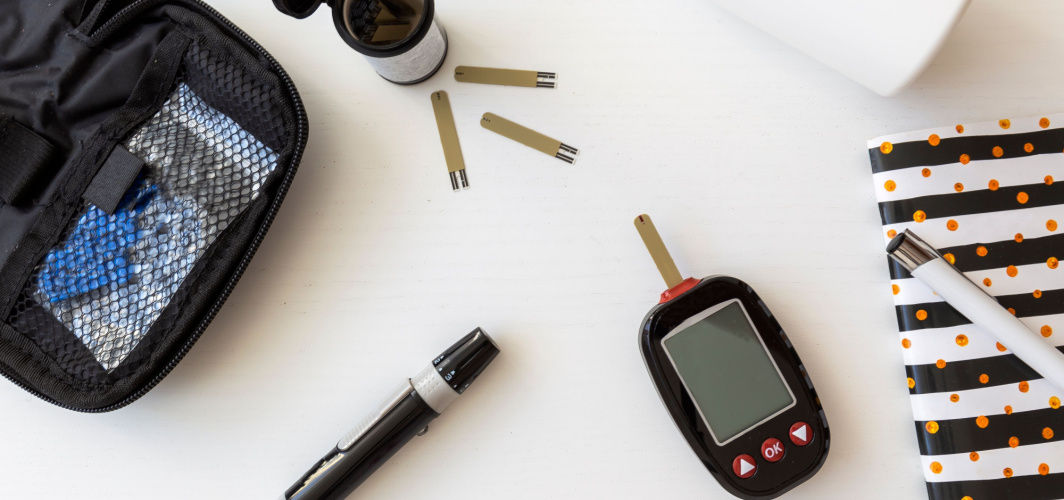Diabetes Management
Does Diabetes Increase the Risk of Heart Disease in Younger Women?
4 min read
By Apollo 24/7, Published on - 28 January 2021, Updated on - 22 February 2024
Share this article
0
0 like

Studying the risk factors for heart disease in young women
Below the age of 55 years,
Between the age of 55 to 64 years,
Between the age of 65 to 74 years, and
Ageing 75 years or above.
Younger women with diabetes have a 10-fold risk of heart diseases
Women with diabetes (irrespective of their age) had the highest aHR for CHD.
Women below the age of 55 years had 10.71 aHR for CHD, whereas those at 75 years or above had 3.47 aHR for CHD.
The reason behind this could be that these women showed the maximum number of risk factors associated with CHD, which include metabolic syndrome (high blood sugar and cholesterol), high blood pressure, obesity, and smoking.
Women below the age of 55 years also showed high LPIR levels, which increases the aHR for CHD to 6.40, making them more prone to developing CHD.
High levels of LDL in women under 55 years increased the risk of heart disease by 40%, while obesity, smoking and high blood pressure increased the risk of coronary disease by 4 times.
Earlier investigation with a similar conclusion
1941 women under the age of 45 years, diagnosed with MI
1170 women under the age of 45 years with no MI
4275 women in the age group of 63 to 64 years, diagnosed with MI
Diabetes increased the risk of MI by six-fold
Arterial high blood pressure (arterial hypertension) increased the risk of MI by four times
High cholesterol levels in the blood (hypercholesterolemia) tripled risk of MI
Smoking increased the risk of MI by 1.6 times.
Conclusion
You can also try the Apollo 24|7 Diabetes Self-Management Tool to log your sugar values, track patterns, know all about food nutrition and more.
Diabetes Management
Consult Top Diabetologists
View AllLeave Comment
Recommended for you

Diabetes Management
Prevention Tips For Diabetes Foot Infection
In case of uncontrolled diabetes, high blood sugar levels can damage the blood vessels and nerves, resulting in poor blood circulation. This can increase the risk of foot ulcers and infections. The reduced blood flow and loss of sensation in the feet can make it difficult to detect injuries or infections, leading to delayed healing and potential complications.

Diabetes Management
A Step-By-Step Guide To Using A Glucometer
Regular blood sugar monitoring is crucial for effective diabetes management. Glucometers provide convenient at-home monitoring. Gather supplies: soap/alcohol prep pads, test strips, lancing device with lancet, and a notepad/smartphone app. Follow steps: clean hands, turn on glucometer, prick fingertip, apply blood to strip, stop bleeding, record results.
.jpg?tr=q-80)
Diabetes Management
How Can Diabetics Manage Their Condition While Working Night Shifts?
Altering your meal times, monitoring your medication schedule, ensuring quality sleep, and incorporating regular physical activities can provide a healthier path to managing your glucose levels. Learn more about effectively managing diabetes during night shifts and how the Apollo Super 6 programme can support you in your journey.
Subscribe
Sign up for our free Health Library Daily Newsletter
Get doctor-approved health tips, news, and more.
Visual Stories

8 Fruits That are Incredibly Healthy for Diabetes
Tap to continue exploring
Recommended for you

Diabetes Management
Prevention Tips For Diabetes Foot Infection
In case of uncontrolled diabetes, high blood sugar levels can damage the blood vessels and nerves, resulting in poor blood circulation. This can increase the risk of foot ulcers and infections. The reduced blood flow and loss of sensation in the feet can make it difficult to detect injuries or infections, leading to delayed healing and potential complications.

Diabetes Management
A Step-By-Step Guide To Using A Glucometer
Regular blood sugar monitoring is crucial for effective diabetes management. Glucometers provide convenient at-home monitoring. Gather supplies: soap/alcohol prep pads, test strips, lancing device with lancet, and a notepad/smartphone app. Follow steps: clean hands, turn on glucometer, prick fingertip, apply blood to strip, stop bleeding, record results.
.jpg?tr=q-80)
Diabetes Management
How Can Diabetics Manage Their Condition While Working Night Shifts?
Altering your meal times, monitoring your medication schedule, ensuring quality sleep, and incorporating regular physical activities can provide a healthier path to managing your glucose levels. Learn more about effectively managing diabetes during night shifts and how the Apollo Super 6 programme can support you in your journey.

